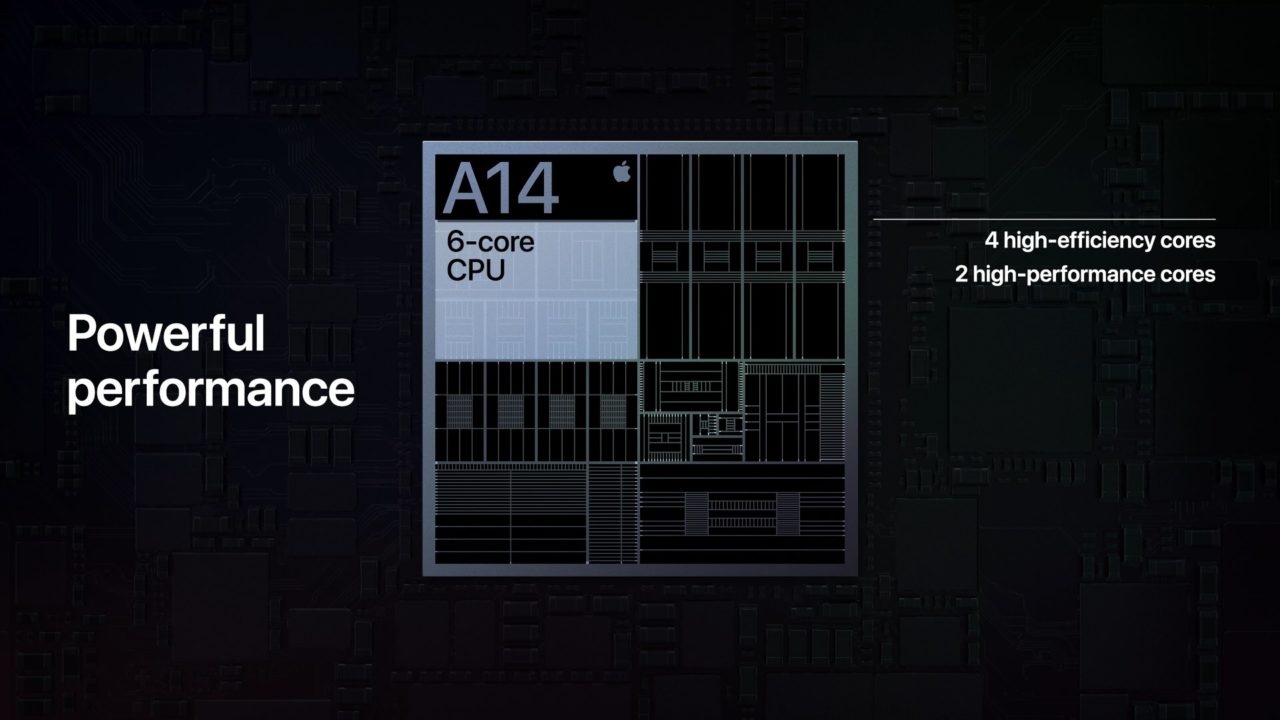
These are the Golden days for Apple’s in-house chipsets. For example, benchmark tests reveal that the A14 Bionic used to power the iPhone 12 series outperforms the upcoming Snapdragon 888 chipset (which will be found in 2021 Android flagship phones). Even more interesting, last year’s A13 Bionic, which drives the iPhone 11 family, also produced a better score than the Snapdragon 888. Both A-series chips are designed by Apple and are produced by TSMC, the largest independent foundry in the world. The Snapdragon 888 is designed by Qualcomm and will be manufactured by Samsung using its new 5LPE process node.
Apple happens to be TSMC’s largest customer; Huawei was second until the U.S. changed an export rule that now blocks foundries using American-made tech from shipping chips to the Chinese based manufacturer. TSMC’s advanced 5nm production capabilities for 2021 have been “booked out.” Apple has reserved much of this production (80% according to the report) for 5nm A14 Bionic and A15 Bionic Application Processors for the 2020 and 2021 iPhone models. Apple also has booked 5nm production for its ARM related M1 computer processor. Apple replaced some Intel processors for new MacBook models with the home-grown M1; the latter contains a whopping 16 billion transistors inside. The higher a chip’s transistor density (number of transistors packed inside a dense square mm space), the more powerful and energy-efficient the component is.
TSMC’s revenue is expected to hit an all-time high this year with another record high due for 2021. The company also plans to begin Risk Production of 3nm chips next year. Part of the process of designing and manufacturing new chips includes Risk Production. These are cutting-edge chips that are sold to manufacturers willing to buy them without having to go through testing. That puts the risk squarely on the buyer. The foundry says to expect a performance boost of 10% to 15% with its 3nm chips along with a 20% to 25% increase in energy-efficiency.
Last month, a report stated that the A16 Bionic chip for the 2022 iPhone 14 will reportedly be manufactured using the 4nm process node. However, this past summer another report said that the A16 Bionic would be manufactured using the 3nm process node. Next year’s iPhone 13 line will be powered by the A15 Bionic and produced once again by TSMC using the 5nm process node.
To show you how far this technology has advanced over the last decade, consider the Apple A4 chip. Designed in-house for the very first time, the A4 was manufactured for 2010’s iPhone 4 by Samsung using the latter’s 45nm process node. Speaking of Samsung, the company and TSMC are the only foundries currently capable of producing 5nm chipsets.

